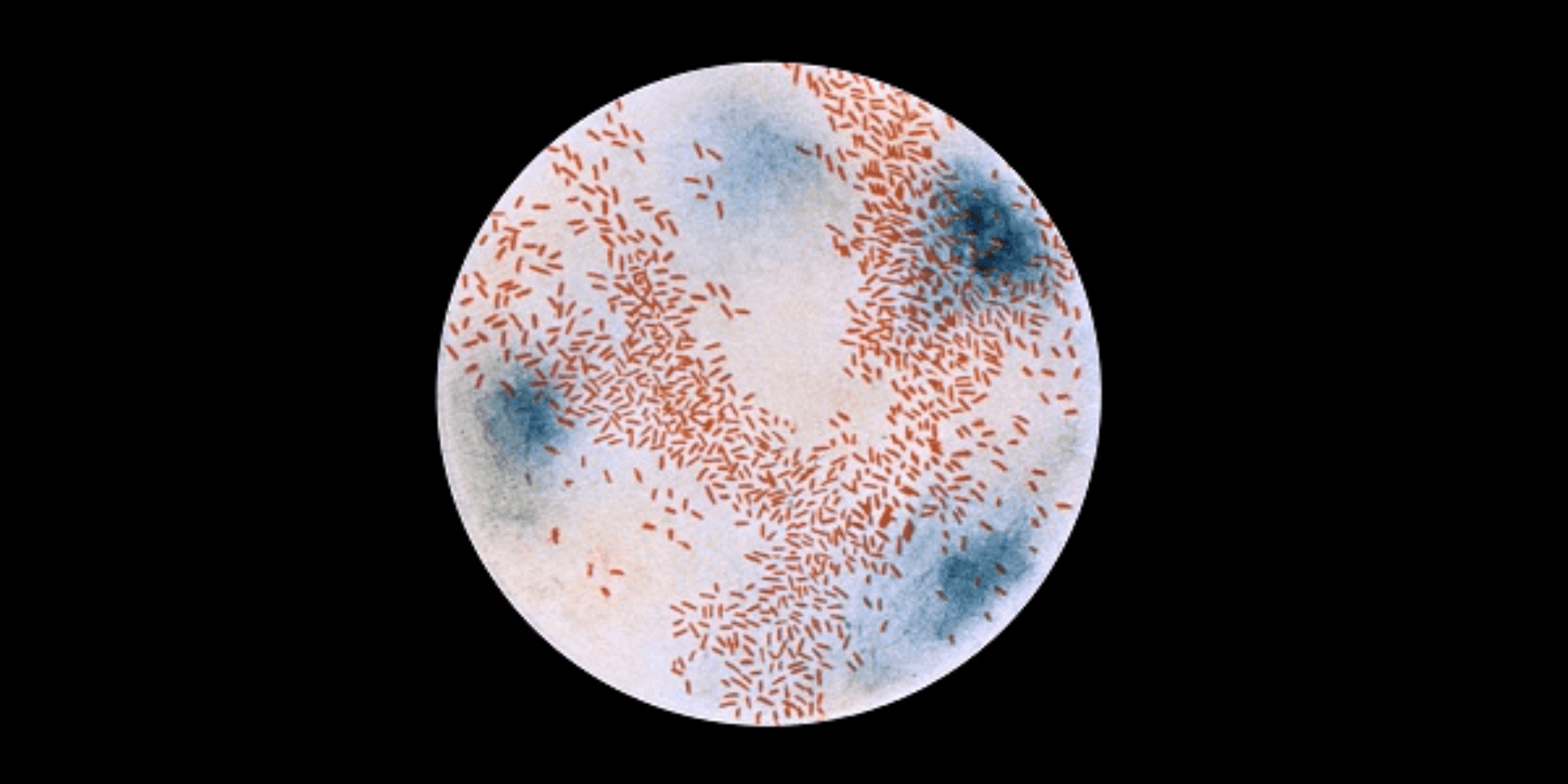
What is Hib Disease?
Hib disease is a serious illness caused by the bacteria Haemophilus influenzae type b. Babies and children younger than 5 years old are most at risk for Hib disease, but it can also affect adults with certain medical conditions.
Hib is spread through respiratory droplets, mostly coughing and sneezing, and through lengthy contact with an infected person. Hib bacteria can cause mild illness, such as ear infections or bronchitis, or severe illness, such as infections of the bloodstream, joints, and the linings of the brain and spinal cord. Hib disease can cause lifelong disability and can be deadly.
Burden
Hib disease occurs mostly in children younger than age 5 years and adults age 65 years and older. American Indian people and Alaska Native people are at increased risk, as are people with certain medical conditions, including:
- Antibody and complement deficiency syndromes that affect the body’s ability to fight infections
- Asplenia (no spleen)
- Cancer requiring treatment with chemotherapy, radiation therapy, or bone marrow stem cell transplant
- HIV infection
- Sickle cell disease
Symptoms
Hib disease can cause many different kinds of infections from mild cases such as ear infections, to severe illnesses like bloodstream infections and meningitis. The most common types of serious disease caused by Hib include:
- Bloodstream infection
- Cellulitis (skin infection)
- Epiglottitis (swelling in the throat)
- Infectious arthritis
- Meningitis
- Pneumonia
Hib infection is usually diagnosed with one or more laboratory tests using a sample of blood or spinal fluid.
Prevention
The best way to help prevent Hib disease is to get vaccinated. The Centers for Disease Control and Prevention (CDC) recommends Hib vaccination for all children younger than age 5 years and older children and adults who are at increased risk.
The first dose of Hib vaccine is given at age 2 months. Infants will usually complete the series by the time they are 12- to 15-months old. Depending on which Hib vaccine is used, 3 or 4 doses are recommended.
CDC recommends DTaP-IPV-Hib-HepB (Vaxelis®) should be included with PRP-OMP (PedvaxHIB®) in the preferential recommendation for American Indian and Alaska Native infants based on the Haemophilus influenzae type b (Hib) component.
According to CDC, before Hib vaccine, Hib disease was the leading cause of bacterial meningitis among children under age 5 years in the US.
Treatment
Hib disease can be treated with antibiotics. Severe cases require hospitalization. Other treatments may include:
- Breathing support
- Low blood pressure medication
- Wound care for damaged skin
- For milder infections caused by Hib, such as bronchitis or ear infections, antibiotics may be given to prevent complications.
Updated June 2024
Source: Centers for Disease Control and Prevention
Related Posts

Sharing the Gift of Health: Happy Mother’s Day
On Mother’s Day, NFID is celebrating mothers everywhere who protect their families from vaccine-preventable diseases. In that spirit, we asked mothers (and grandmothers) serving on the NFID Board of Directors to share their thoughts on the importance of vaccination for the whole family…
